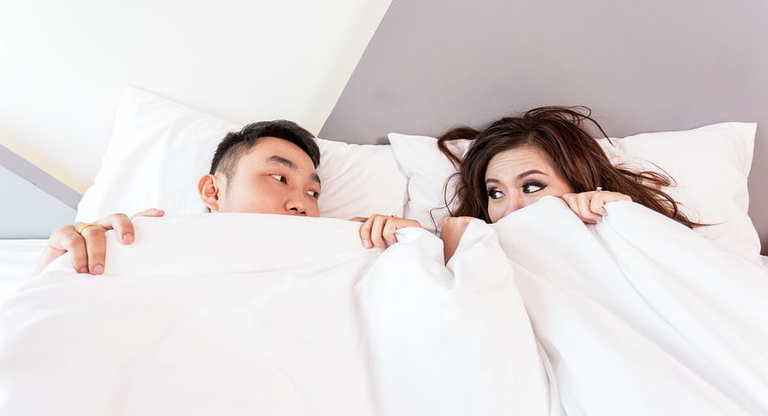
Sleep is essential for our physical and mental well-being, but unfortunately, many of us struggle to get enough quality sleep.
While there are many factors that can contribute to poor sleep, bad sleep practices are one of the most significant culprits.
In this blog, we'll take a closer look at some of the most common bad sleep practices and their potential effects on your health.
Irregular sleep schedule
One of the most common bad sleep practices is having an irregular sleep schedule. Going to bed and waking up at different times each day can disrupt your body's natural sleep-wake cycle, making it harder to fall asleep and stay asleep. Over time, this can lead to chronic sleep deprivation, which can increase the risk of a range of health problems, including obesity, diabetes, and cardiovascular disease.
Exposure to blue light before bed
Another common bad sleep practice is exposure to blue light before bed. Blue light is emitted by electronic devices like smartphones, tablets, and computers, and it can interfere with the production of the sleep hormone melatonin. This can make it harder to fall asleep and reduce the quality of your sleep. To avoid this, it's recommended to avoid using electronic devices for at least an hour before bed, or to use blue light-blocking glasses.
Consuming caffeine late in the day

Consuming caffeine late in the day is another bad sleep practice that can interfere with your sleep. Caffeine is a stimulant that can keep you awake and alert, and it can take several hours for its effects to wear off. Consuming caffeine in the afternoon or evening can make it harder to fall asleep and reduce the quality of your sleep. It's recommended to avoid caffeine for at least six hours before bed.
Eating a heavy meal before bed
Eating a heavy meal before bed is another bad sleep practice that can interfere with your sleep. Digesting a large meal requires energy and can increase the production of stomach acid, both of which can make it harder to fall asleep and reduce the quality of your sleep. It's recommended to avoid eating large meals for at least two hours before bed.
Using the bed apart from sleep and sex

Using your bed for activities other than sleep is another bad sleep practice that can interfere with your sleep.
Your brain associates your bed with sleep, so if you use it for other activities like watching TV or working on your laptop, it can disrupt your body's natural sleep-wake cycle.
It's recommended to use your bed only for sleep and sex.
In conclusion, bad sleep practices can have a significant impact on your health and well-being.
To improve your sleep, it's recommended to establish a regular sleep schedule, avoid blue light exposure before bed, limit caffeine consumption late in the day, avoid eating a heavy meal before bed, and use your bed only for sleep and sex.
By making these changes, you can improve the quality and quantity of your sleep and enjoy the many benefits of a good night's rest.